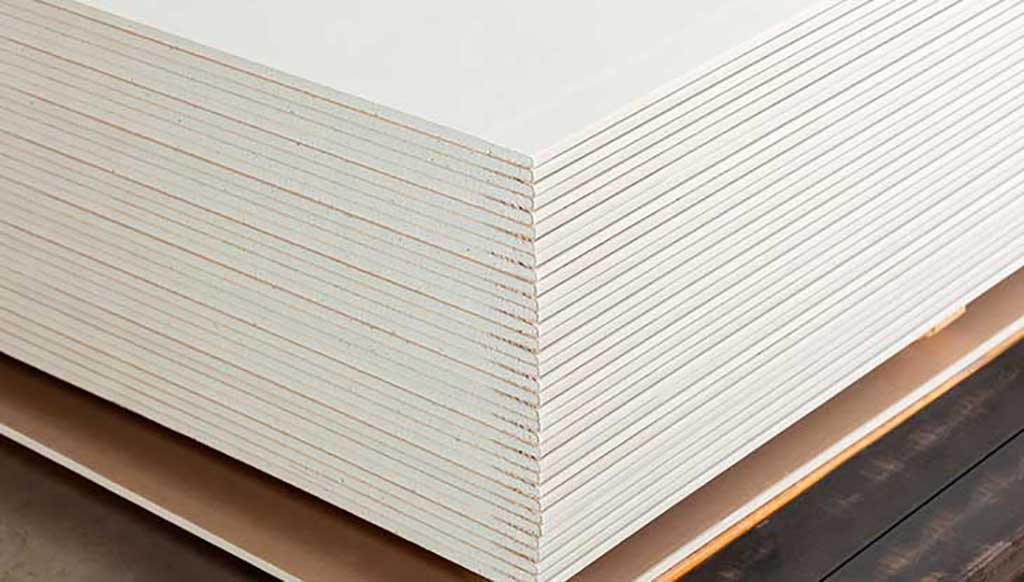Sheetrock vs Drywall: What Differences Are There?
When you’re about to start a construction project, you need to think about every building material that you will be using. This includes what you will use for the walls. So, you may consider Sheetrock vs drywall and which one is better.
For every home improvement or construction project, you must use the best materials. If not, then you may have to redo the work later in the future. So, it’s important that you know the options that you have available. Also, you must know which materials are best for each specific situation.
In this blog, we’ll go over some key points about these construction materials. We encourage you to keep reading if you want to know everything about the materials you’ll use for your project.
Is There a Difference Between Sheetrock and Drywall?
No. The answer is simple. There is no difference between Sheetrock vs drywall. Sheetrock is a brand of drywall that many people use generically to refer to the material itself. So, they are not two different types of construction materials.
It’s not like with drywall and plaster. In this case, these are both completely different materials for wall coverings. But, Sheetrock is just a drywall brand. It’s the same thing that happens when you refer to ChapStick as lip balm products as a whole.
What is Sheetrock?
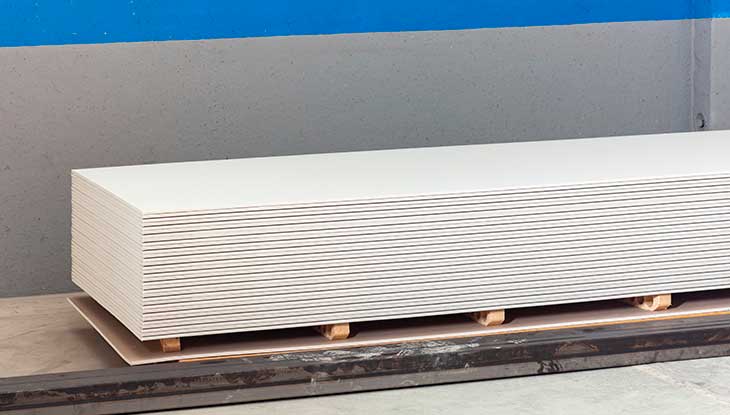
As we mentioned before, Sheetrock is a brand of drywall made by the U.S. Gypsum Company. Just as generic drywall, a sheet of Sheetrock is a gypsum board that you can use for your construction projects.
In fact, drywall first became a very popular construction material when the U.S. Gypsum Company launched its Sheetrock boards. People started referring to drywall as Sheetrock due to the product’s popularity. This company is also the largest manufacturer of drywall which also helped in popularizing the brand name for Sheetrock.
One difference between Sheetrock and other types of drywall brands is the quality. The U.S. Gypsum Company produces high-quality drywall that stands out from other standard drywall brands.
Other companies that produce drywall are National Gypsum Company, American Gypsum, Titan Commercial Products, CertainTeed, Georgia-Pacific, Lafarge North America, and Allied Manufacturing.
Types of Sheetrock
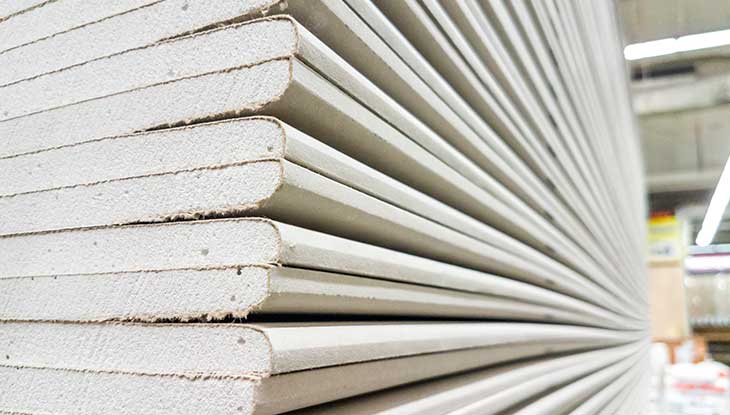
Within the Sheetrock brand, you’ll find different types of drywall panels. Firstly, they make gypsum boards of different thicknesses. These include 1/4-inch, 3/8-inch, and 1/2-inch thick panels.
Also, they produce three different grades of fire-resistant drywall panels. Besides this, the Sheetrock company also makes panels for moisture resistance. If you are going to install a piece of drywall in your home’s exterior, then you can also buy water-resistant gypsum boards from them.
There are other stronger Sheetrock boards that you can find. These are to avoid indentations, abrasion, or penetration.
For interior walls and ceilings, the U.S. Gypsum Company offers the following:
- AR Firecode X Panels
- EcoSmart Panels Firecode 30
- Firecode C Panels
- And much more
It’s important to mention that you may not be able to find these types of boards in other standard drywall companies.
How is Sheetrock Made?
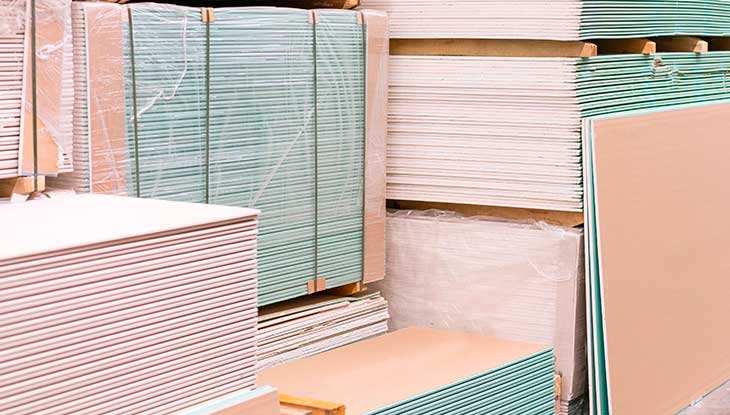
Since Sheetrock is the same thing as drywall, they have the same composition. Firstly, gypsum rock is mined and crushed. Then, the manufacturing company adds some additives, fibers, and a foaming agent.
After this, they place the gypsum between two heavy sheets of paper or fiberglass mats. This is what you see on a standard sheet of drywall for different construction projects.
Gypsum is the best material for drywall due to its many properties. One of the most important facts is that it is not hazardous like asbestos. So, over time, it will not produce any health damages to you or your family.
The only difference between how Sheetrock and other brands of drywall are made is some chemicals that are uniquely used by the U.S. Gypsum Company.
Advantages & Disadvantages of Sheetrock and Drywall
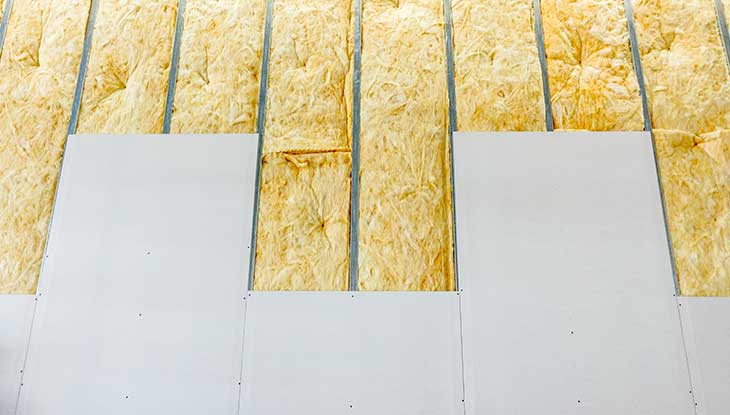
The main advantage of using Sheetrock instead of plaster for wall coverings is that it is easy and quick to install. For a big construction project, it would take a week to complete the entire plastering process. But, with drywall, it would only take a day or two.
Besides easy installation, drywall and Sheetrock are also easy to repair. With a couple of tools and products, you can have smooth walls in no time. Many homeowners choose drywall over other wall coverings because it’s also less expensive and time-consuming to repair.
Overall, Sheetrock is less expensive than other wall coverings. This is because it is made of gypsum which is inexpensive to mine and is pretty abundant.
A disadvantage is that some types of drywall can get damaged if exposed to water. So, make sure to get water-resistant panels for areas where you know there is a lot of water exposure.
One last disadvantage is that it is not soundproof. If that is what you’re looking for, then we recommend looking for another wall covering. However, there are some types of panels that can dampen outside noise a little bit.
Where Is It Used?
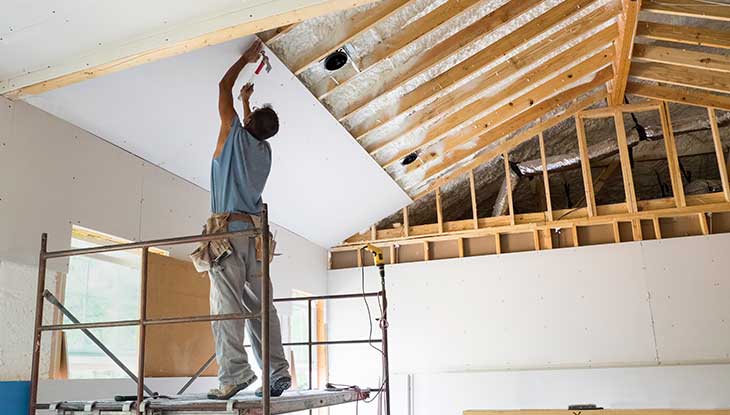
You’ll mainly find Sheetrock in interior walls and ceilings. But, in some cases, you may find it in exterior walls. If this is the case, then you need to make sure to protect it from moisture.
Sheetrock just like any other brand of drywall has the same installation techniques. You fix the boards or panels to the wall stud with nails, glue, and screws. You then conceal the remaining seams using a joint compound and tape. If you want a smoother finish, then we recommend using veneer plaster to seal the drywall.
Now that you know that there’s no dilemma of Sheetrock vs drywall, it’s time to decide if you want this material for your construction project. We talked about some of the brands that manufacture it as well as the different types and advantages that Sheetrock offers.
Make sure that the product you’re buying is of high-quality to ensure that you won’t have problems after the construction is over. Also, if you’re unsure about installing Sheetrock or drywall boards yourself, then don’t hesitate about contacting a professional.

